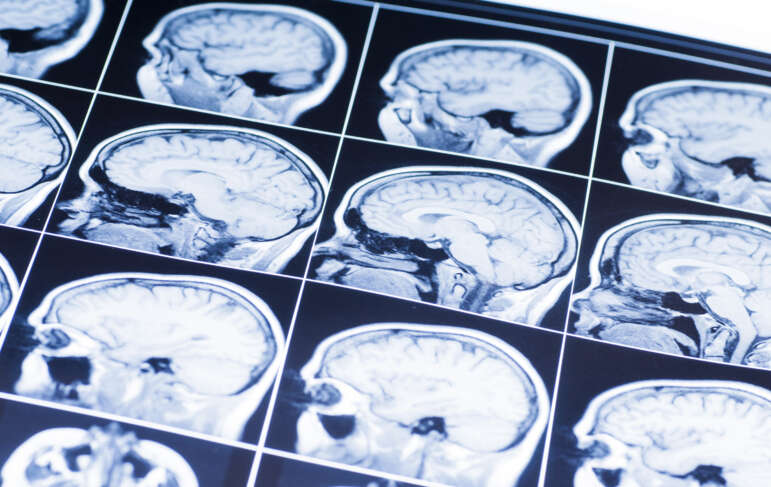Almost 92 Percent of Brains in a Boston University CTE Study Had CTE
In early February, the CTE center at Boston University found that 345 of 376 (91.7 percent) former NFL players had chronic traumatic encephalopathy (CTE). This is much more than a 2018 study where 164 brains of men and women were donated and only one of 164 (.6 percent) was found to have CTE. The one case in this study came from a college football player. This is similar to other studies finding low population rates of CTE from brain banks in Austria, Australia, and Brazil. The data does not mean that nearly 92 percent of current and former football players have CTE because brain banks have selection bias. The actual percentage of players with CTE is unknown because it can only be diagnosed after someone’s death. The main risk of developing CTE is repetitive head impacts, which can be seen in misfolded tau proteins different from brain changes found in normal aging, Alzheimer’s disease, or other brain diseases.
Researchers emphasize the tragic outcomes in people with CTE are still in the minority. Symptoms from CTE or another illness can be treated, so people are recommended to receive medical care. Doctors at the BU CTE center have successfully treated former football players with mental health issues in the middle of their life. The CTE center is now inviting former men and women athletes to participate in research so they can find ways to diagnose and treat CTE while people are still alive. It is working with the Concussion Legacy Foundation to find former football players and other contact sport athletes to participate in five different clinical studies.
One of the studies, know as Project S.A.V.E., is looking for men and women 50 or older who played five or more years of a contact sport including football, ice hockey, soccer, lacrosse, boxing, full contact martial arts, rugby, and wrestling. S.A.V.E. is an acronym for Study of Axonal and Vascular Effects from repetitive head impacts. The study is trying to find how repeated head impacts from contact sports can cause long term thinking, memory, and mood problems. This could lead to ways to treat and prevent symptoms from head impacts while someone plays contact sports.
People who think family members have symptoms of CTE or prior concussions should speak to the CLF helpline, which helps people find educational resources, one-on-one peer support, and monthly online support groups. Even in the last five years, CTE research has advanced a lot. The BU CTE center will soon be publishing its 182nd study on CTE. Based on past research, in October 2022 the National Institutes of Neurological Disorders and Stroke updated what causes CTE. It states that CTE is a delayed neurodegenerative disorder that was initially found in postmortem brains, and up to date research suggests that it is caused in part by repeated traumatic brain injuries.
Are you or a loved one suffering from a head injury? You could be entitled to compensation. Contact us today by calling 412-471-3980 or by filling out our contact form and a member of our team will get back to you as son as possible to review your case.




